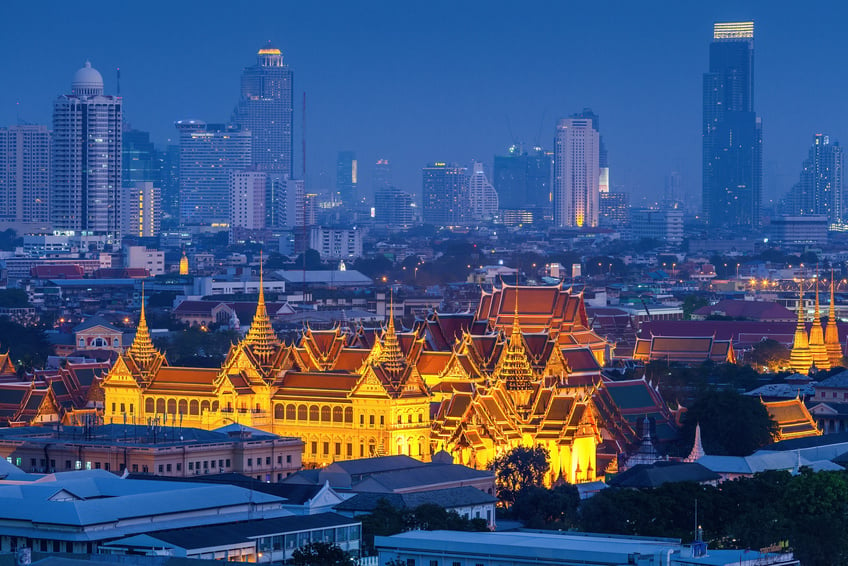The Thai Ministry of Public Health issued the ministerial regulation on the application for and the issuance of the license for the manufacturing, import, export, sale or possession of cannabis.
Healthtech gained tremendous attention during the past year or so as a result of the pandemic-driven lockdowns and restrictive circumstances. As we discussed in the past, government agencies around the world had invariably leveraged technology to support healthcare delivery and services over the years, and these efforts have accelerated in response to the pandemic. In the case of Thailand, based on its 10 year national health security plan, the Ministry of Public Health has progressed and implemented its policy by working with relevant government agencies such as the Food and Drug Administration, the Medical Council of Thailand, the Pharmacy Council and the National Broadcasting and Telecommunications Commission to develop and issue guidelines for telehealth services.
In a recent interview Mr. Anutin Charnvirakul, the Minister of Public Health, lauded the many community enterprises all over Thailand which have been growing cannabis for hospitals to extract for medical purposes and the hundreds of medical cannabis clinics all over the country which have proven to be very popular with the Thai people. The Minister was pleased with how Thai people have embraced cannabis and has again stressed his mission to make cannabis both a cash crop, as well as a medicine, for the nation. He also mentioned intended efforts to continue with liberalizing the laws and regulations on cannabis even further to increase access to cannabis.
In the current narcotics and psychotropic substances regulatory regime, there are numerous laws governing narcotics and psychotropic substances which are enforced by different regulatory bodies. The Thai government aims to modernize certain current provisions and to incorporate these laws into the Narcotics Code for ease of reference and consistency in law enforcement.
The Ministry of Public Health has issued notifications to amend the list of formula of Thai traditional medicine containing cannabis under the Herbal Product Act which is allowed for use to treat a disease or for research, and to amend the information, warnings or precautions required to be displayed on the package inserts of Thai traditional medicine containing cannabis.
In our previous article in the healthcare transaction series, we highlighted the need to review a target’s supply chain as one of the key areas and issues that one should pay attention to when carrying out a due diligence investigation on a healthcare & life sciences (HLS) target. This exercise in revisiting one’s supply chain in light of the COVID-19 pandemic and emerging industry trends, including (among others) digital transformation, will ensure that the company’s supply chain is resilient, compliant, and ready to meet the challenges and opportunities in the HLS industry.
Pursuant to our previous articles about medical devices and their development in Thailand following the Medical Device Act B.E. 2551 and its amendments, which were adjusted according to the ASEAN Medical Device Directive, there have been more updates on the medical device regulations under the Thai Food and Drug Administration (FDA).
By way of background, kratom (Mitragyna speciosa (Korth.) Havil.) is a tropical tree with opioid properties and some stimulant-like effects, and was previously controlled under the Narcotics Act due to these properties and effects.
On 17 May 2021, the Ministry of Public Health (MOPH) issued several notifications to prescribe the criteria and requirements in relation to the use of cannabis and hemp in cosmetics, including the permitted parts of the cannabis and hemp plant and extracts, the permitted level of THC and the permitted CBD, and applicable labelling and warning requirements. These notifications became effective on 18 May 2021.
Even though the term “cosmeceutical” is not new from the global market perspective, such products are considered relatively new from the Thai legal perspective. The Thai Food and Drug Administration (FDA) has been working on finding a new product category for herbal-based/herbal-related products with health claims for quite some time and has recently introduced the Herbal Product Act B.E. 2562 (HPA). The HPA will, generally speaking, regulate and manage the herbal drugs and herbal products which cosmeceutical is part of.



